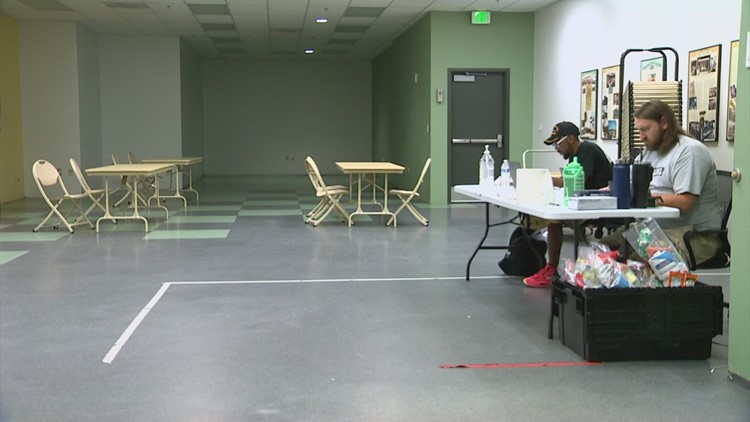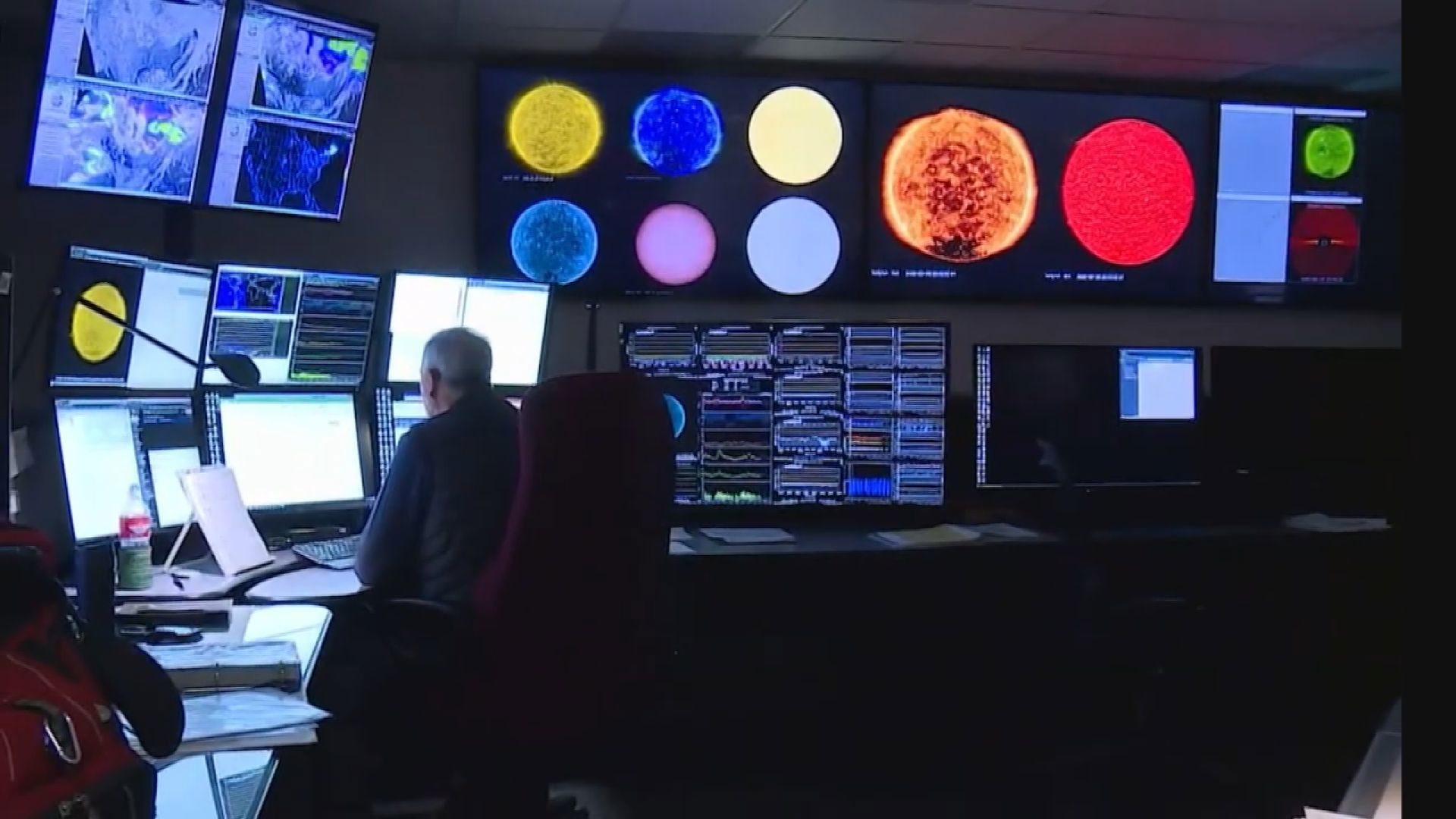SEATTLE — King County is opening its cooling centers for unhoused people ahead of a scorching weekend heat wave expected to bring temperatures at and near 90 degrees across the area.
A Heat Advisory issued for much of western Washington took effect on Friday at noon as temperatures are expected to approach and even exceed 90 degrees over the weekend.
The National Weather Service (NWS) said the heat advisory will run through 10 p.m. Monday. The advisory area extends north to the Canada-U.S. border, east to North Bend, south to Chehalis and Randle and west to the Olympic Peninsula.
The King County Regional Homelessness Authority went into Tier 2 activation Friday with Saturday and Sunday anticipated to reach Tier 3 activation.
Tier 2 opens the cooling centers but Tier 3 coordinates additional resources such as transit to cooling centers and misting tents in unsheltered populated areas,
Cooling centers include city libraries with air conditioning and community centers. For a full list of participating locations visit kcrha.org/resources/severe-weather-shelter.
It's important to know the warnings and symptoms of heat-related illness to help protect yourself and others against potentially life-threatening illnesses.
The Centers for Disease Control and Prevention (CDC) lists the symptoms of heat stroke as:
- Hot, red, dry or damp skin
- A fast, strong pulse
- Headache
- Dizziness
- Nausea
- Confusion
- Losing consciousness
- A high body temperature (103 degrees or higher)
If someone is experiencing heat stroke, the CDC recommends calling 911, moving the person to a cooler place, helping lower the person's body temperature with cool clothes or a cool bath and avoiding giving the person anything to drink.
Symptoms of heat exhaustion include:
- Heavy sweating
- Cold, pale and clammy skin
- Fast, weak pulse
- Nausea or vomiting
- Muscle cramps
- Tiredness or weakness
- Dizziness
- Headache
- Fainting
The CDC recommends moving the person to a cooler place, loosening clothing, putting wet cloths on the person's body or taking a cool bath and sipping water. Seek emergency medical attention if the person is throwing up, if symptoms get worse or if they last for longer than one hour.



